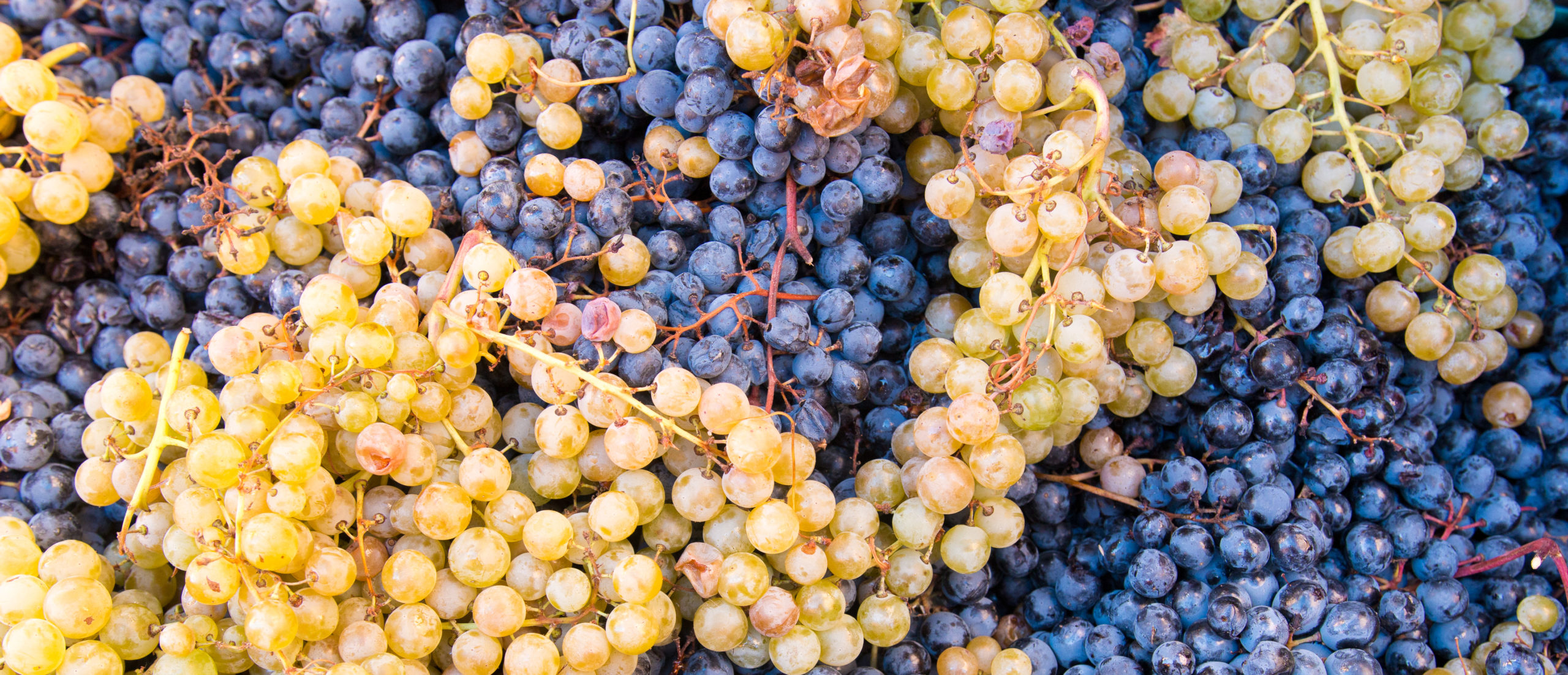

Espelt winegrowers: thoroughly from the Empordà
Anna Espelt, the winery’s director and oenologist, sees viticulture as a tool for caring for the environment. Her philosophy is to always learn and to understand and respect the land that allows her to make “thoroughly Empordà and Mediterranean” wines.
Bodega Espelt viticultores del Empordà was founded in 1999 when the grandfather of Anna Espelt, oenologist and current director of the winery, at the age of 69, decided to make wine. Throughout twenty years of work, the director tells us that “the winery has always worked from learning, discovering which are the best terroirs and which are the varieties that work best in their lands. And it turns out that these are the indigenous varieties, the ones that have always been there: lledoner and carinyena“. And she adds: “Being a family business has allowed us to think in the long term and plan ahead, and it has also allowed me, as a woman, to be in charge of the project for many years”.
Caring for the land
Anna Espelt is a biologist and oenologist and is very involved in caring for the environment where the winery is located: “All the paths of knowledge that I have taken, because every day you learn new things, have been focused in caring for the territory. We take care of it through agriculture, because nature and agriculture, should work in synergy, they should not go against each other”. Love for the land that is reflected in the viticulture she does, based on the use of procedures that respect biodiversity.
For years, they have been working with ecological production in mind and taking into account agricultural areas of natural value. For them, it means working on a part of their land with extensive livestock farming to reduce inflammable biomass, and thus manage the cork oak forests that exist: “It consists of building a landscape as if it was broken, with the aim of having many different ecological niches. It’s about managing the landscape with a broader vision”. They also rebuild dry stone walls, which recover rural architecture, and she concludes that “it turns out that by doing all this we obtain higher quality wines.”
Sharing knowledge
One of the keys to Anna Espelt’s daily learning is the sharing of knowledge and, for this reason, she works closely with the DO Empordà, with the managers of the natural parks that surround it, with the administrations and with other winegrowers. She says that all the activities carried out by Espelt Viticultors have two aspects: a more romantic one and a more scientific one “that give you better results than you had before, because we obtain excellent wines. And that makes us want to do this type of work and explain it to the world”.
She participates in the MIDMACC research project, part of the European Life programme, which studies how to counteract the effects of climate change in the mid-mountains, and it seems that both vineyards and extensive livestock farming help to make them more resilient to climate change. Anna Espelt values the work they do in terms of preserving the territory: “We have vineyards around us because we decided to plant them 20 years ago, and this has meant that today we are a biological corridor between Cap de Creus and the Aiguamolls. This is fantastic, but we have to be able to make a living. The economy, throughout history, is what has designed the landscape. If we want farmers to look after the land and manage it, we have to make it possible for them to earn a living. Where we put the money ends up defining the environment.
Wines to enjoy
Anna Espelt says that the wines from her winery express the two sides of her family: the committed branch, which fights for and defends the land, and the other, which has what the French call joie de vivre (the joy of living). “They are two components that express, respect and honour the place they come from. They are profoundly Mediterranean wines and are imbued with the Empordà character. I also want them to be drunk in a carefree and joyful way. I am a great believer in wines to be enjoyed”.
Espelt Viticultors began by exporting a large part of the product, but now they have changed their strategy and foreign sales represent less than 50%. “It is important to diversify the market”, says Anna Espelt, who also talks about wine tourism and considers it “a good opportunity to explain to people what you do, because it is very difficult for this explanation to be reflected on the label of the bottle”. In recent times, she has rethought the objective that wine tourism should have for Espelt Viticultors and has determined that it should transmit the winery’s philosophy: “what we are, what we do and why we do it”.
Do you want to be the first to receive the latest news about 11Onze? Click here to subscribe to our Telegram channel
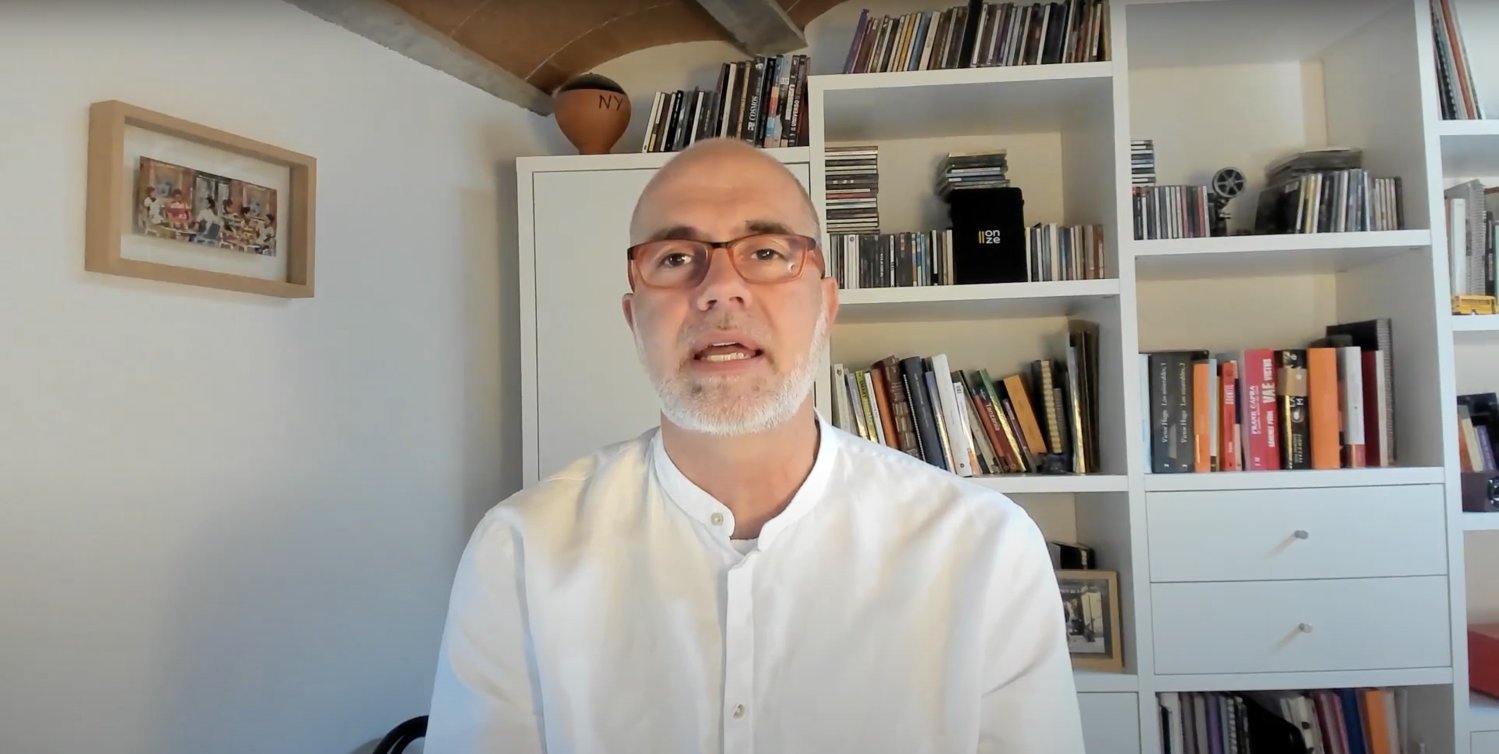
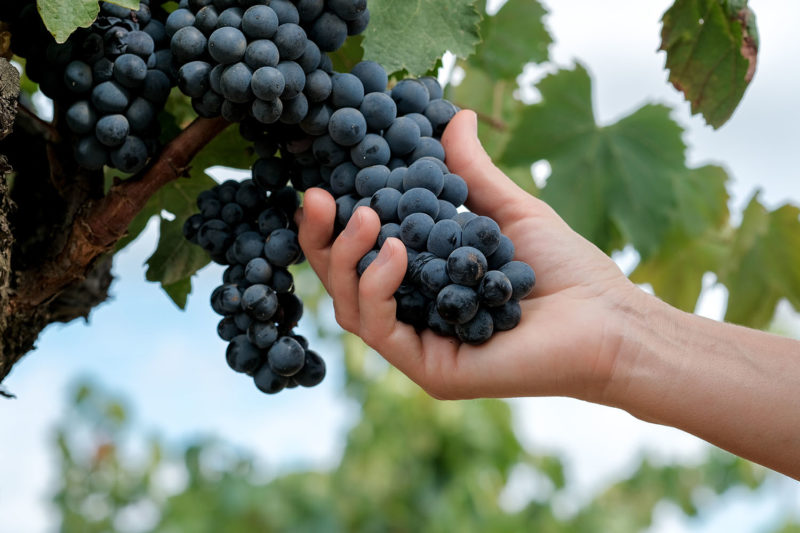
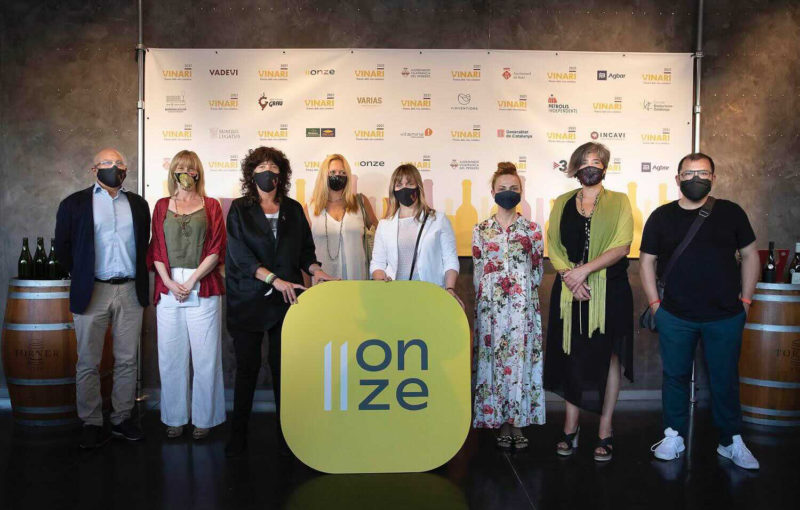
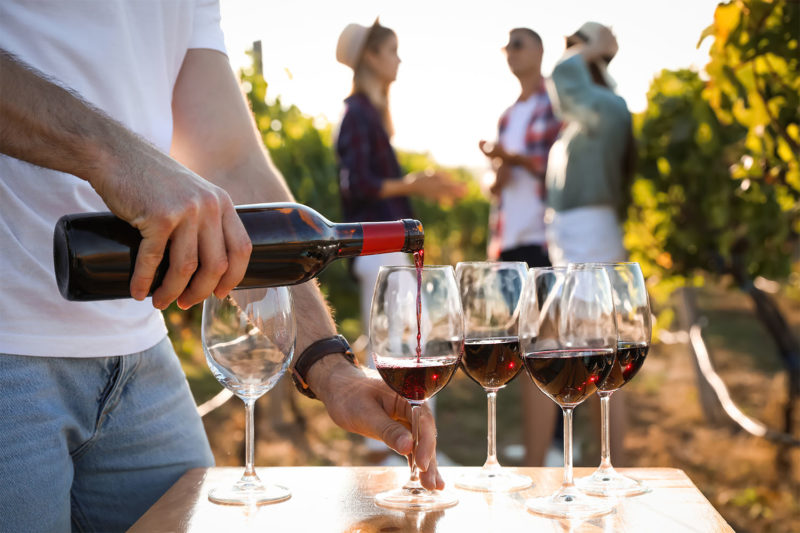


Moltes gràcies per les explicacions.
En Xavier és un gran entès, Anna! Seguim a La Plaça.
Bona terra l’Alt Empordà. Em queda a prop de casa
Doncs ja saps, a visitar cellers i a fer tast de vins empordanesos. Seguim a La Plaça.
👍👍👍
Gràcies, Joan
Maravella a de les DO catalanes i a cada territori aprenent i maridant amb els vins propers, el primer blanc de l’Espelt el vaig tastar a la platja de Garbet, ja més tard llegint i escoltant entrevistes d’aquest Celler, sempre m’ha captivat el poder de la dona a primera línia
Gràcies, Laura, són un bon arrelament al territori, i cada vegada, sortosament, hi ha més noies que agafen aquesta responsabilitat donant un aire nou al sector.
Molt be 👍
Gràcies, Josep!
Vaig començar a conèixer els vins de l’Emporda fa únicament uns 8 anys i em van sorprendre molt gratament
Catalunya terra de vins i bons
Gràcies per fer aquest vídeos i articles
Gràcies Alicia, nosaltres contents de que t’agradi. Aquí el sector vinícola te molta força, tradició i caràcter, si t’ha agradat tan l’article com el vídeo tingues paciència que aviat hi hauran de nous 😉
M’ agrada això d’ explicar “què som, què fem i perquè ho fem.”
No dubto pas de que qui ho escolta agraeix que la visita no sigui només veure unes instal.lacions i el procés de fer un vi. L’ enhorabona
transparència en el seu màxim exponent Mercè